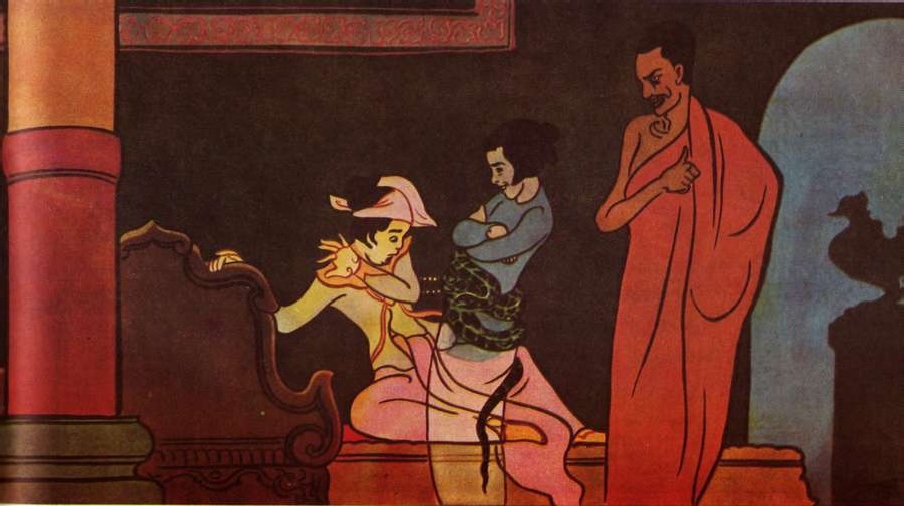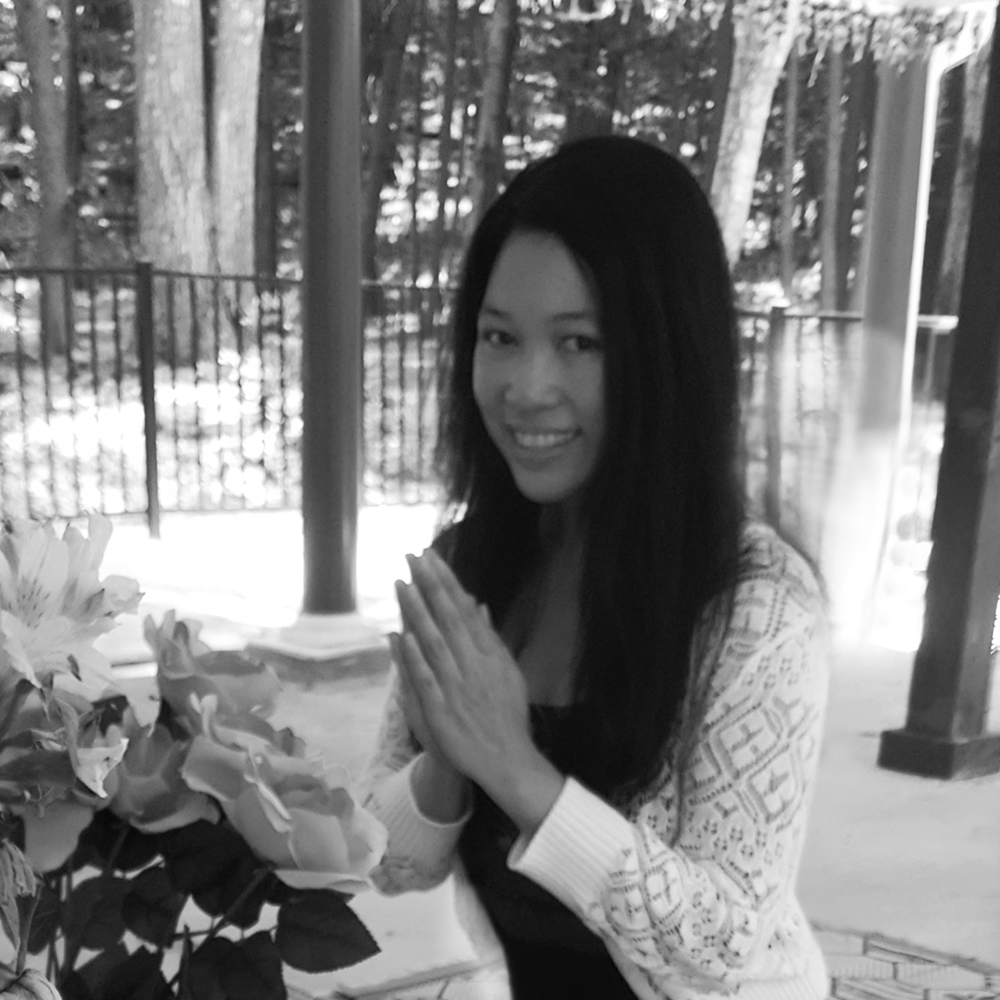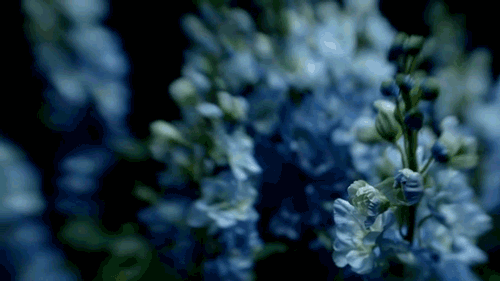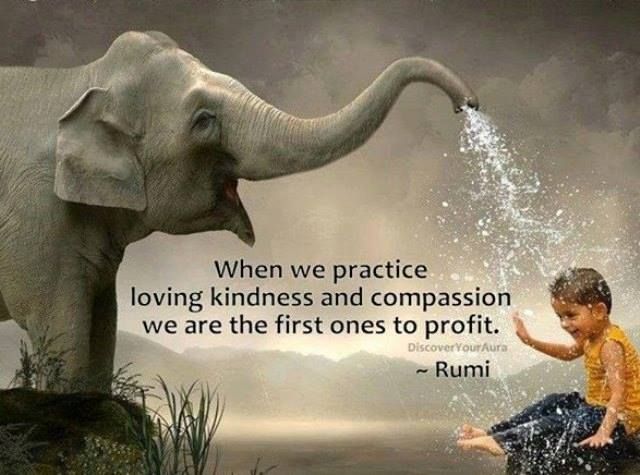-
Comment August 13, 2016
-
Prince Ajatasattu ordering that the soles of his father’s feet be cut open with a knife
Comment August 12, 201647. Prince Ajatasattu ordering that the soles of his father’s feet be cut open with a knife
Venerable Devadatta instigated Prince Ajatasattu to kill his father King Bimbisara as he thought that, if the Prince became King in succession to his father, he would be able to take the place of the Buddha. The Prince was of the view that whatever his teacher Devadatta said was good, and was on his way to carry out his plan to murder his father. His father questioned him and the Prince admitted that he plotted to kill him because he wanted to become King. King Bimbisara gave up the throne in his favour.
After that, Venerable Devadatta told him that he would be able to rule without any risk of losing the throne only if his father was no longer alive. Prince Ajatasattu was impressed with this suggestion. But he did nor wish to kill his father straightway. So he caused his father to be cast in prison. At first, the Princes mother, the Queen was permitted to visit the King in person and he could lake his meals. But, finally, the Queen was not permitted to visit the King any more, and the King kept himself fit by walking up and down inside the prison. Ajatasattu, however, ordered that the soles of the King’s feet be cut open with a knife so that he could not walk.
THE ILLUSTRATED HISTORY OF BUDDHISM
by ASHIN JANAKA BHIVAMSA (Aggamahapandita)
Artist: U Ba Kyi | Link to this post -
Grant yourself a moment of peace
Comment August 10, 2016 -
Devadatta’s plan to get more alms by winning over Ajatasattu
Comment August 10, 201646. Devadatta’s plan to get more alms by winning over Ajatasattu
Soon after he had ordained as a monk, Venerable Devadatta practised meditation and attained superhuman power and even the six higher psychic powers. Because he possessed those powers he wanted to become a rival and take the Buddha’s place as the leader. Being eager for gain and honour he thought he would achieve his purpose by winning over Prince Ajatasattu, still a youth but with sure prospects of accession to the throne. Devadatta assumed the form of a lad with a girdle of snakes, and terrified Ajatasattu by appearing in his lap. He then comforted the Prince saying, “Oh, Prince, don’t get alarmed. I am the person known as Venerable Devadatta.” He then assumed his proper form as a monk with the bowl and robes, and stood in front of the prince.
Ajatasattu marveling at the wonder paid him great honour, and sent him 500 dishes daily. Devadatta secured more than enough alms according to his original plan.
THE ILLUSTRATED HISTORY OF BUDDHISM
by ASHIN JANAKA BHIVAMSA (Aggamahapandita)
Artist: U Ba Kyi | Link to this post -
Flower falls – even though we love it
Comment August 7, 2016 -
If you have a glass full of liquid
Comment August 7, 2016 -
A General offering meals to the Buddha
Comment August 7, 201645. A General, a fresh convert to Buddhism, offering meals to the Buddha
A General called “Siha” of Vesali was an important lay devotee of the teacher known as Nigantha Nataputta. He heard of the virtues of the three gems namely, the Buddha, the Doctrine and the Order from a gathering of Licchavi princes. Accordingly he asked his teacher to allow him to go to the Buddha, but was not allowed to go. He asked for permission for the second time but it was again refused. On the third occasion, however, without asking for permission he proceeded to where the Buddha was, with many followers in five hundred chariots.
When he came to where the Buddha was he asked the Buddha several questions on points which were not clear to him and was thoroughly satisfied with the answers given. He then said, “I take my refuge, Lord, in the Buddha, the Doctrine and the Order. May the Lord receive me as a disciple who, from this day forth while his life lasts, has taken his refuge in them?”. After that the General requested the Buddha to visit his house on the morrow together with his retinue of monks to partake of food. He then, out of a very generous heart, served them with an excellent meal the next morning at his house.
THE ILLUSTRATED HISTORY OF BUDDHISM
by ASHIN JANAKA BHIVAMSA (Aggamahapandita)
Artist: U Ba Kyi | Link to this post -
True Wealth
Comment August 7, 2016Are we willing to accept that having more wealth – no matter how someone acquires it – is a sign of being more advanced? Surely there are other measures we could use to determine if we have enough, besides comparing ourselves to those who happen to have amassed more money and things than we have. If the measure of success is having more than the people around us, then that is a recipe for failure.
Comparing with others simply cannot bring happiness. Even if happiness did come from being the best or having the most, ultimately only one person in the world – the one with the most – could ever be truly happy or “successful.” Everyone else would be condemned to failure.
I think we have to be very careful not to confuse economic success with personal happiness. Just because we have a market economy does not mean we have to have a market society. We can find ways to relate to each other on different principles than business ones. We could define development in terms of how much we are able to increase bonds of friendship and closeness, and by how central we make community and mutual affection.
When I think of a society that creates happiness, I think of a society where compassion and love replace competition and greed as the emotional forces that bind us together. ~ 17th Karmapa
-
Technique to help in turning a selfish attitude around
Comment August 7, 2016With a selfish attitude, oneself is important, and others are not so important. According to Shantideva’s advice, a technique to help in turning this attitude around is to imagine- in front of yourself as an unbiased observer- your own selfish self on one side and a limited number of other beings on the other side- ten, fifty, or a hundred. On one side is your proud, selfish self, and on the other side is a group of poor, needy people. You are, in effect, in the middle- as an unbiased, third person. Now, judge. Is this one, single, selfish person more important? Or is the group of people more important? Think. Will you join this side or that side? Naturally, if you are a real human being, your heart will go with the group because the number is greater and they are more needy. The other one is just a single person, proud and stupid. Your feeling naturally goes with the group. By thinking in this way, selfishness gradually decreases,and respect of others grows. This is is the way to practice. ~Dalai Lama
-
Loving kindness and compassion
Comment August 7, 2016












